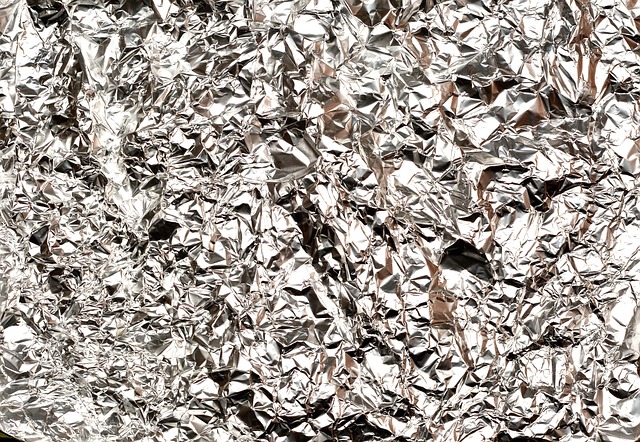German aluminium industry outlook remains cautiously optimistic

The German aluminium industry can look back on a strong 2021 despite an extremely challenging environment, according to Aluminium Deutschland. Production and order intake at the German site increased compared to 2020. This underlines the solution competence and the increasing importance that aluminium is already playing in the transformation of our industry and society. However, risks increased significantly in the course of the year and will continue to put pressure on companies in 2022.
Manufacturing in Germany: Attractive material, competitive companies
German companies in the aluminium industry produced more overall in 2021 than in the previous year. The semi-finished products sector in particular increased significantly last year. At around two million metric tons, almost 10% more rolled products came off the production lines than in 2020. With output of just under 610,000 metric tons and growth of 20%, the extrusion plants in Germany almost reached their all-time high from 2007. Crude aluminium production was stable at around one million metric tons. However, the drastic rise in energy prices in particular led to significant declines in output in the fourth quarter of 2021 (-16%). Plant sales recovered significantly (+23%) after the crisis year of 2020 and, at a value of €21.7 billion, almost returned to the level seen in 2018. However, it must be taken into account that aluminium quotations on the London Metal Exchange (LME) recorded strong price increases in the course of the year.
Dr Hinrich Mählmann, personally liable partner of OTTO FUCHS KG and president of Aluminium Deutschland said: “The German aluminium industry has grown again in a difficult market environment. On the one hand, this underlines the attractiveness of the material in the eyes of our customers, especially on the way to a climate-neutral industry. Lightweight construction expertise and very high recyclability are combined in aluminium. It also shows that German plants are very efficient in a fiercely competitive environment.”
Germany as a business location in a persistent headwind
Even though the German aluminium industry did comparatively well in the second pandemic year of 2021, the waters have recently become much choppier. The recent drastic rise in electricity prices has left the energy-intensive sector increasingly with its back to the wall. The ongoing chip shortage and volatile call-off figures from customers are also putting the predominantly medium-sized companies on the edge of their existence in some cases. In addition, the recently suspended anti-dumping duties on special flat-rolled products from China are putting local producers at a considerable competitive disadvantage.
Mählmann said: “We have been able to master the pandemic and market-related imponderables with considerable effort. We are particularly concerned about the political influence on the industry in Germany and Europe. The recent energy price explosion, which came as no surprise, is putting companies under massive pressure. At this point, policymakers must ask themselves whether the German economy wants to become even more dependent on imports from partly unreliable trading partners for an increasingly relevant material such as aluminium. In addition, the uncertainty of supply for critical alloying metals has led to great uncertainty throughout the supply chain. We stand by the climate protection targets in Germany and Europe. However, we cannot decarbonize energy generation in Germany under our own steam. Without the rapid and determined expansion of renewables in Germany, without political support for the entire industry, decarbonization will amount to deindustrialisation. That is certainly not the political goal. Moreover, the climate will not be helped if production moves to countries with significantly lower social and environmental standards. We have great confidence in the new German government to implement this ambitious project holistically and in close cooperation with industry.”
Outlook 2022: Robust, with challenges
The aluminium industry is looking ahead to 2022 with optimism, with Marius Baader, managing director of Aluminium Deutschland, commenting: “The uncertainties have not disappeared, but we are learning to deal with them better. The well-filled order books at our industrial customers make us quite positive for 2022, and if supply bottlenecks and chip shortages dissipate in the course of the year, the pent-up demand should materialize and bring with it a growth spurt. The German aluminium industry has a clear strategy and remains an important development partner for its customer industries in Europe and in Germany. Aluminium is the enabler for “fit for 55″, and we are proud of that.”
